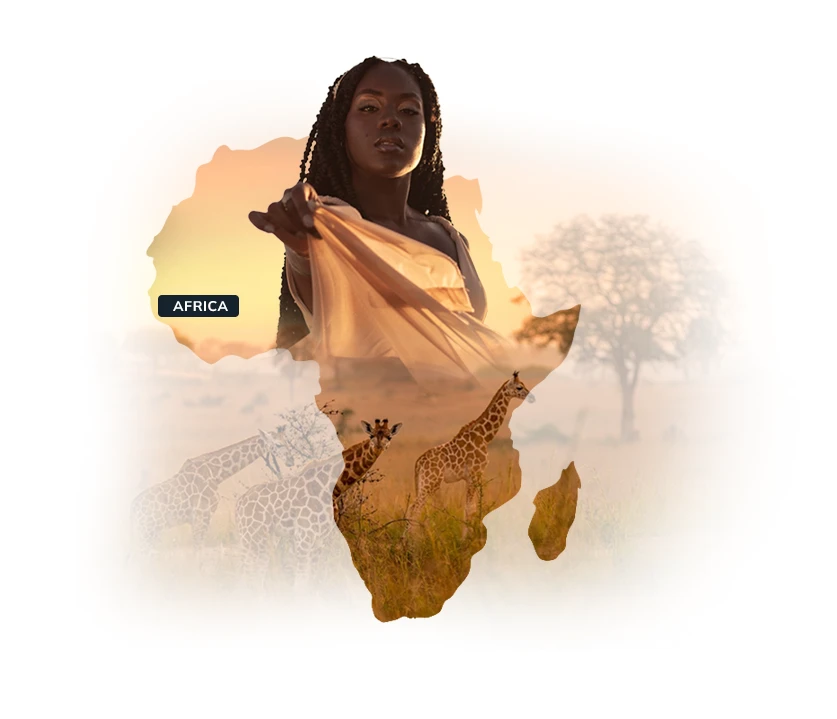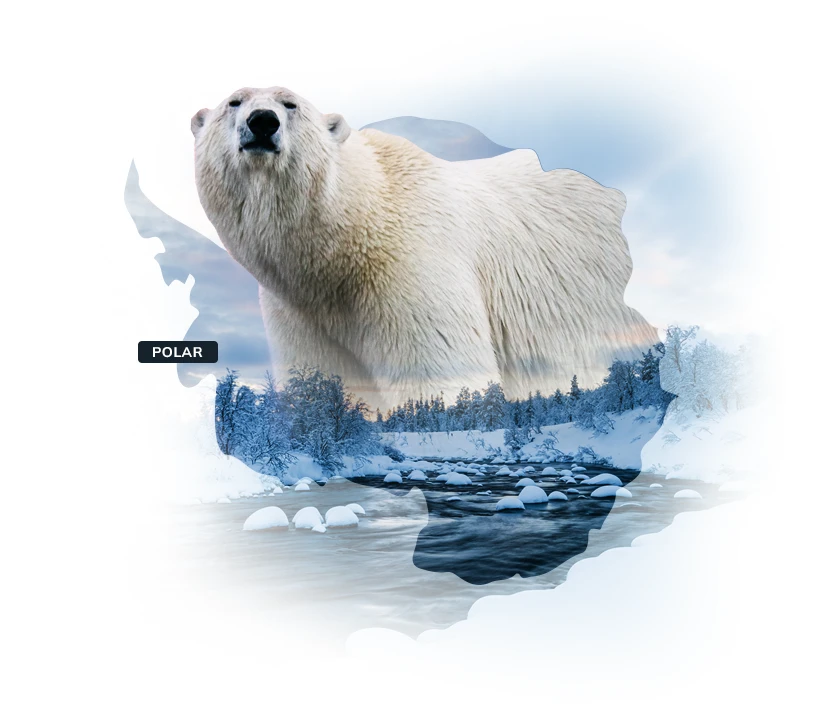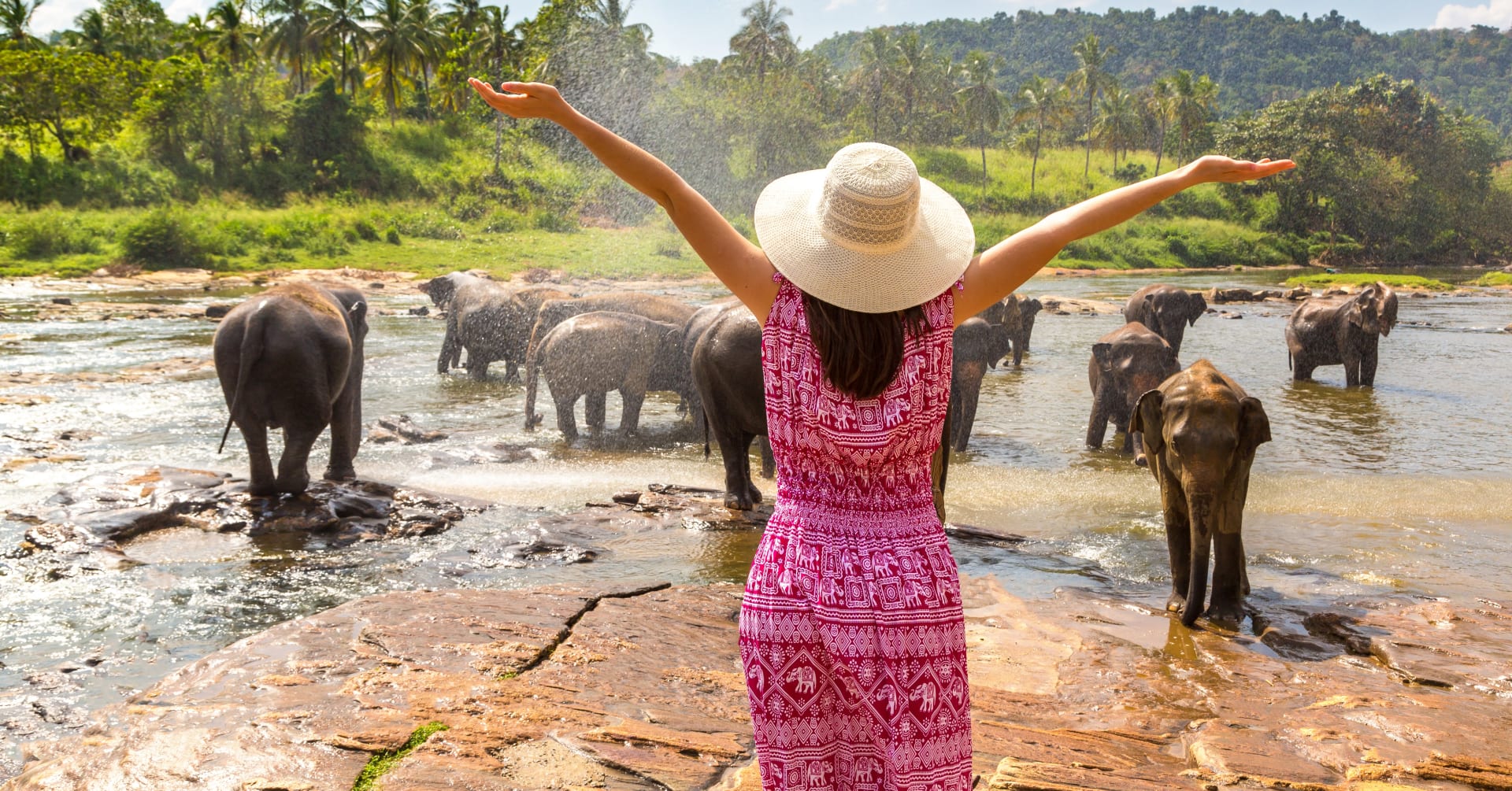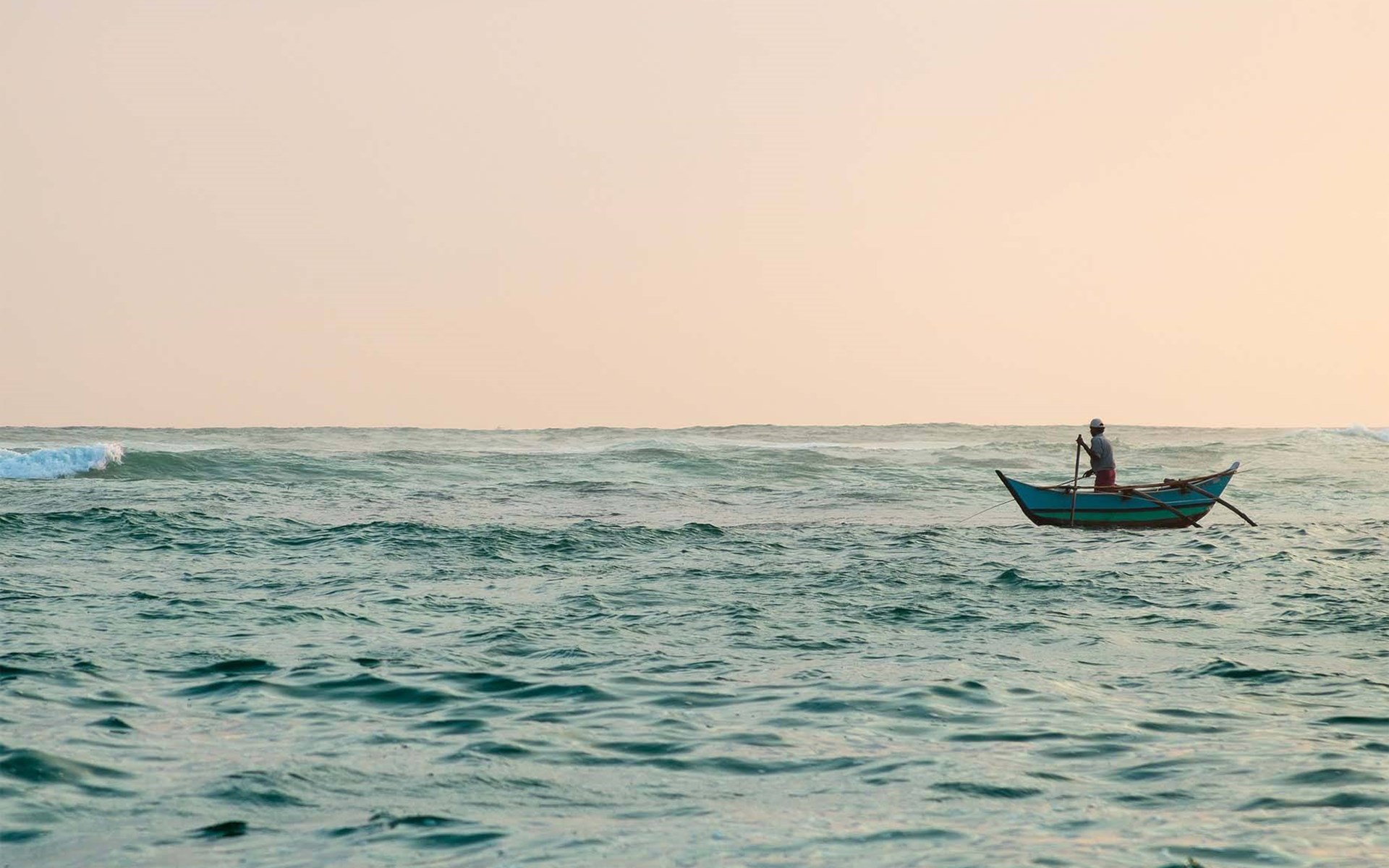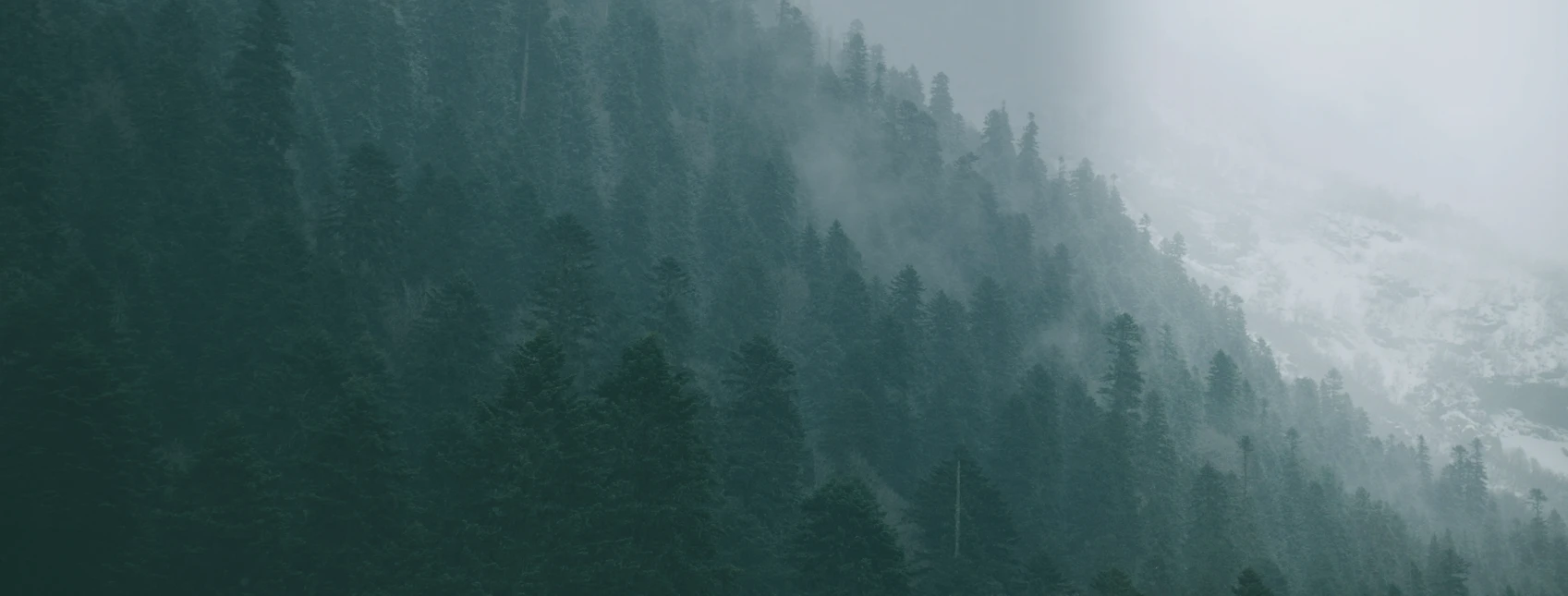Are you drawn in by the sweeping tea valleys, evocative ancient ruins and wildlife hotspots of Sri Lanka?
Read our month-by-month guide and discover the best time to visit Sri Lanka, helping you build your dream, personalised Sri Lanka holiday!
There is no question to whether a holiday in Sri Lanka is worth it. Whilst the island nation is popularly named the "teardrop of India", embodying a very small area of land in comparison to its neighbour, Sri Lanka beholds a mesmerising diversity in culture, landscapes and wildlife.
Whilst any trip to Sri Lanka with Wayfairer will guarantee life-changing experiences and sights, if you time it just right, your Sri Lanka holiday can be enriched further, fitting your upmost desires and preferences...
When is the best time to visit Sri Lanka?
The best time to visit Sri Lanka completely depends on your holiday desires: for example, whether you seek the best beaches in Sri Lanka along its golden western coastline or whether you seek the lush, green highlands of the Tea Country.
Considering its small size, Sri Lanka varies hugely in climate, meaning each of its dazzling hotspots may have varying “best times to visit”. One of the biggest decision-makers is the dual monsoon of Sri Lanka, which is split into the Maha Monsoon (which impacts the north-east between November and March) and the Yala Monsoon (which impacts the south-west from April until September).
Whilst central Sri Lanka is generally dry, you should plan your Sri Lanka holiday with the country’s divergent weather in mind. Luckily, we are on-hand with our exclusive month-by-month guide which navigates all those factors which may impact your once-in-a-lifetime trip to Sri Lanka!
Discover your perfect trip to Sri Lanka, here:
Your month-by-month guide
January
Enjoy warm temperatures during a holiday in Sri Lanka in January, along with little to no rainfall, especially in the country’s central and southern regions. Things vary slightly for the Sri Lanka east coast, as the Maha monsoon is just coming to a close.
January is the best time to visit Sri Lanka to enjoy a transformative Cultural Triangle tour, an adventure perfectly paired with the dry and sunny beaches on the west and south coast. Nebombo, Galle and Tangalle are all great places to visit in Sri Lanka during this time, as well as the central highlands and tea country, where hikes and treks are beautiful during January.
As January is the peak season, do expect crowds during this time, especially in the national parks and cultural hotspots like Galle Fort and Colombo’s temples.
February
The southern, western and central parts of Sri Lanka are warm and dry during February, making it one of the best times to visit Sri Lanka for sun-seekers. Some regions of Sri Lanka can even see highs of 30 degrees! Head to the gorgeous beaches along the Sri Lanka west coast during February, enjoying kayaking and watersports, and perhaps head on a scenic hiking journey around the central highlands.
Pair your Cultural Triangle tour with a trip to Galle and a dazzling safari in Yala National Park, as February brings slightly reduced crowds and is the peak season for spotting leopards!
March
During March, the dry season in the southwest is on its final stretch, bringing warm temperatures and clear skies for those indulging in the golden beaches of the west coast. Much like January and February, March is a great time for a Sri Lanka wildlife tour, perfected by opportunities for Blue whale-watching in Galle and Mirissa.
A safari in Yala National Park still brings lots of wildlife due to its lack of greenery during this time, whilst another amazing trip is to be had in Gal Oya National Park, as this is when the elephants are most often spotted. The Tea Country is at its warmest during this time and Adam's Peak welcomes eager hikers during its dry season.

|
April
As the Yala Monsoon arrives in southwest Sri Lanka, you are to expect more rainfall and high humidity around this region, although this is still a good time for a Sri Lanka beach holiday in the south-west. April is a a good time to head on a safari in Yala National Park, Gal Oya National Park and Udawalawe National Park, whilst whale-watching is still popular in Mirissa and Galle.
If you are seeking a Tea Country tour in Sri Lanka, this is a great time to travel and to revel in the country’s amazing hiking opportunities. Ella and Kandy are luscious and green during this time, making April a great time to trek to Adam’s Peak.
May
As May proceeds, the southwest monsoon becomes stronger, transitioning into the low season for tourists, meaning fewer crowds for those who are willing to battle the high humidity. The Cultural Triangle still enjoys a warm and dry temperament, perfectly paired with a quieter atmosphere.
Sri Lanka’s southwestern region is still accessible during this period, and the country’s highlands in Ella and Kandy offer beautiful scenery and colonial excursions (even if disrupted by a few downpours!) Climb Adam’s Peak and head to the Sri Lanka north coast, where you can soak up the heat on the palm-fringed beaches and colourful villages of Trincomalee.
June
The monsoon season continues for Sri Lanka’s south-western regions, whilst those parts north of Negombo and along the east coast are dry and warm. Many travellers venture to hotspots like Trincomalee, as the still, coastal waters are a refreshing and its town is rustic, beautiful and authentic.
If you are embarking on a Sri Lanka holiday during this period, you should not avoid the south-west altogether, as tropical downpours tend to be intermittent and do not heavily impact the beauty of spots like Galle. This is a great time for a Sri Lanka wildlife tour, perhaps to Yala National Park or Gal Oya National Park, as they are brimmed with aviary life and elephants during the summer.

|
July
Similarly to June, July is a good time for a Sri Lanka holiday, but presents some obstacles with high heats in the north-east and rainfall in the south-west. During this time, Trincomalee and its neighbouring beach towns call out to those looking to relax following an active Cultural Triangle tour.
This period is the best time to visit for a Sri Lanka wildlife tour, as many of the country’s best national parks (Yala National Park, Gal Oya National Park, Minneriya National Park) are still dry, attracting wildlife to watering holes. Spot leopards, elephants, monkeys and a spectrum of aviary life. Prepare for temperatures of around 30 degrees and intermittent rainfall throughout your trip.
August
August is one of the best months for a Sri Lanka holiday, offering pleasant weather in all regions of the island. The north and east coast remain dry and hot, whilst the Yala monsoon slows down in the south-west, presenting a few, friendly downpours.
Meanwhile, the Cultural Triangle brings high heats, perhaps making it difficult for young families seeking a Sigiriya Rock tour, whilst Yala National Park reaches the end of its long dry season. This is a great time to seek whale-watching tours on the east coast in Trincomalee, making a trip to Sri Lanka in August perfect for those who wish to spend time amidst the less touristic parts of north-east Sri Lanka.
September
This is your last chance to embrace the good weather in north-east Sri Lanka before the Maha Monsoon hits. Enjoy sunny beach days in Trincomalee and relax in some of the best resorts in Sri Lanka with the benefits of the shoulder season.
The south-west monsoon season slows down in September, making it more accessible, although Yala National Park is often closed to give animals a break from crowds following its long dry season. September is the best time to visit Sri Lanka to head out on a Cultural Triangle tour, as crowds are thinner and temperatures are slightly less intense.
October
As the Maha Monsoon begins in the north-east, the whole island is sprinkled with intermittent showers. This period is known as the “inter-monsoon period”. Whilst the weather is unpredictable, October offers few crowds and very pleasant temperatures, making it a good time to experience Colombo, the Cultural Triangle and Galle before the peak season begins!
Diwali usually falls in late October or early November and is one of the most important Hindu festivals of the year. If your Sri Lanka holiday falls on Diwali, make sure to visit one of the Hindu temples near you and see your surroundings light up as local people celebrate the “Festival of Lights”.
November
The unpredictable weather continues into November, making a holiday to Sri Lanka equally decorated with showers and lovely sunshine. The Maha Monsoon brings tropical showers which aren’t quite as heavy as those in the Yala, so don’t write the north-east region off completely.
The Sri Lanka peak season is kicking off in November, so this is the most popular time to head to big tourist attractions like Sigiriya Rock. Whilst crowds may be building, this month is much less busy than December and January.
Again, you may catch Diwali if you are on a Sri Lanka holiday in November. Ask your Travel Specialist if you are especially keen to experience the vibrancy of this annual celebration.
December
During December, the Sri Lanka peak season is on a roll, welcoming huge crowds to the Cultural Triangle, Colombo and many popular areas in the south-west, like Galle Fort. The north-east of Sri Lanka will be much less busy during this period due to the Maha Monsoon, although Trincomalee is still a beautiful stop to make.
A Tea Country tour during December is a great option, offering cooler temperatures to relieve you from the heat and busyness of Sri Lanka’s south-west beaches. Still, if you are seeking a winter sun holiday in Sri Lanka this month, there are plenty of south-west beaches which are less crowded, like Mirissa Beach.
So, which month fits your dream Sri Lanka holiday?
If you're still struggling to decide, fill in our enquiry form and get in touch with our Travel Specialist who knows Sri Lanka inside and out!


